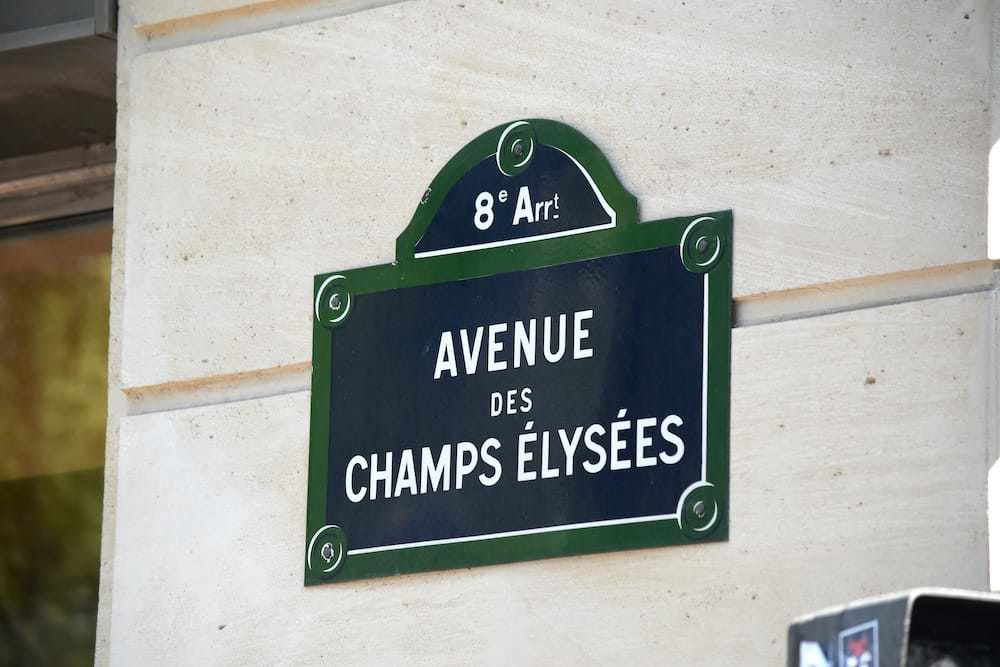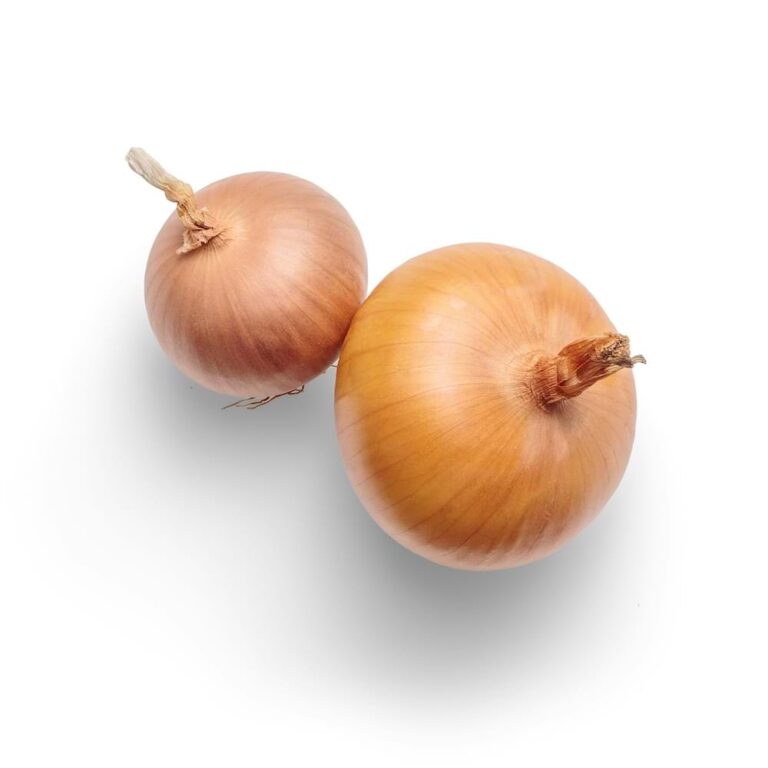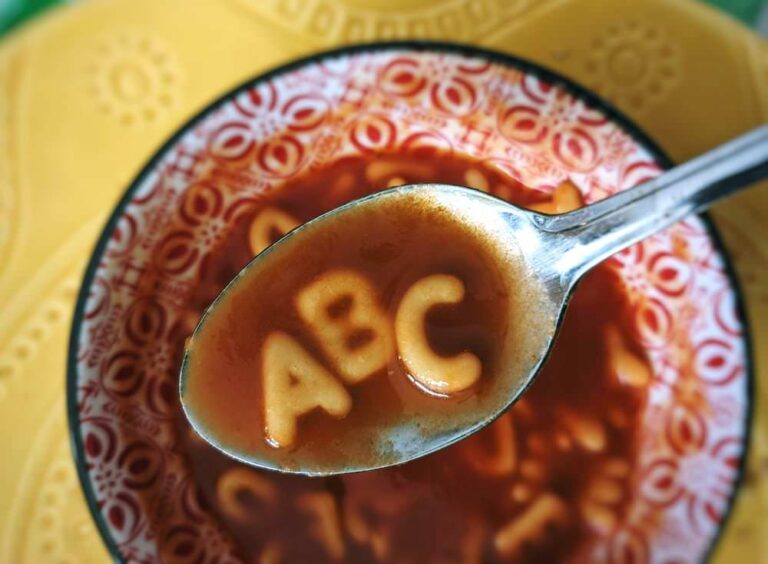ça fait rien
The phrase ça fait rien is a common expression in French that translates literally to “that does nothing” or “that makes nothing.” However, its actual meaning in conversation is more nuanced and idiomatic. It is used to convey indifference, forgiveness, or to downplay the importance of something, much like “it doesn’t matter,” “never mind,” or “no problem” in English.
Literal Meaning
Ça means “that”
… fait rien literally means “does nothing”
So the phrase ça fait rien translates word for word as “that does nothing.” In this literal sense, it can mean that an action has no effect or consequence. However, in everyday speech, this literal usage is rare. The figurative and idiomatic meanings are far more common.
Figurative Meanings and Common Uses
In most contexts, ça fait rien is used to reassure someone or express that something is not a problem. It functions much like “don’t worry about it” or “it’s all right” in English.
Here are several common uses with examples:
To say “It doesn’t matter” or “That’s okay”
Example:
- Désolé, je suis en retard.
- Ça fait rien, on était pas pressés.
Translation: - Sorry, I’m late.
- That’s okay, we weren’t in a hurry.
Example:
- Je crois que j’ai cassé ton stylo.
- Ça fait rien, il était vieux.
Translation: - I think I broke your pen.
- It doesn’t matter, it was old.
To reassure someone or downplay a mistake
Example:
- J’ai oublié de t’acheter du pain.
- Ça fait rien, j’en ai déjà.
Translation: - I forgot to buy you bread.
- Don’t worry about it, I already have some.
Example:
- Pardon, je vous ai interrompu.
- Ça fait rien, continuez.
Translation: - Sorry, I interrupted you.
- It’s fine, go on.
To brush off a negative outcome or disappointment
Example:
- T’as pas gagné ?
- Non, mais ça fait rien.
Translation: - You didn’t win?
- No, but it’s no big deal.
Example:
- Le film était complet.
- Ça fait rien, on ira demain.
Translation: - The movie was sold out.
- It doesn’t matter, we’ll go tomorrow.
Used interchangeably with “ce n’est pas grave”
Ça fait rien is often used in place of c’est pas grave (“it’s not serious” or “it’s no big deal”), especially in informal speech. Both can be used to show that something is not worth worrying about.
Example:
- Je crois que je t’ai sali ton pantalon.
- Ça fait rien / C’est pas grave.
Translation: - I think I got your pants dirty.
- It’s all right / It’s not a big deal.
Tone and Register
Ça fait rien is polite, gentle, and suitable for both formal and informal situations. While some alternatives like pas de souci or t’inquiète are more casual, ça fait rien remains relatively neutral and can be used across different contexts.
Variations and Related Phrases
In formal speech, the phrase may be corrected to ça ne fait rien,






